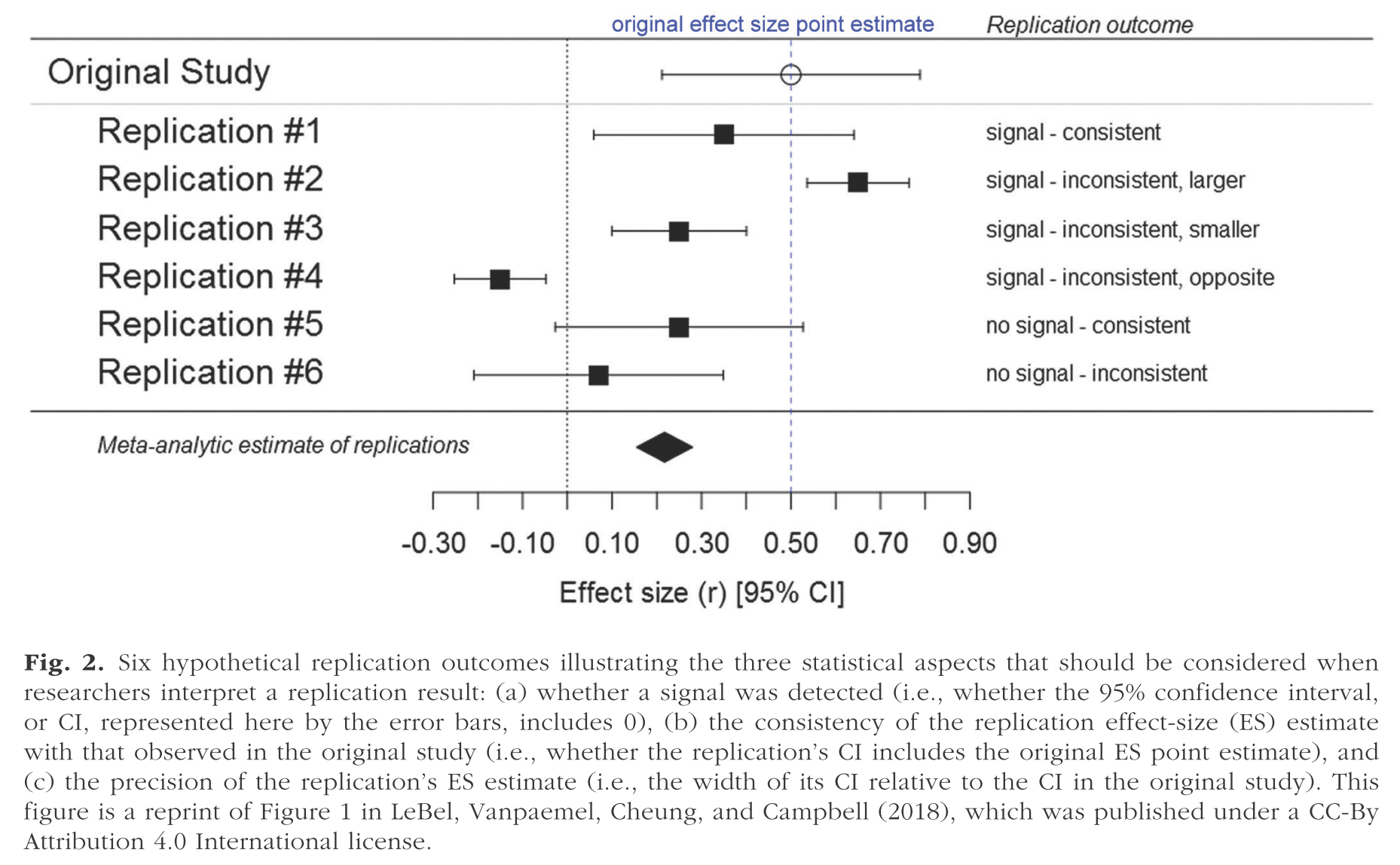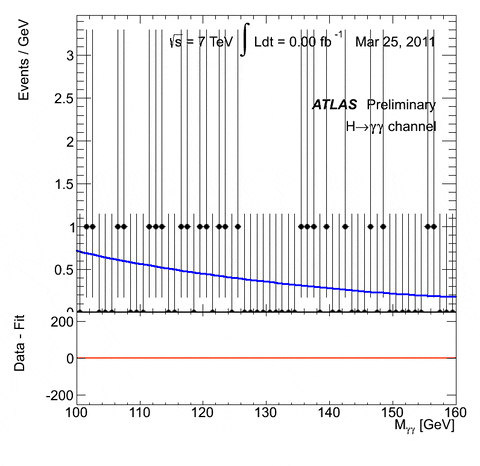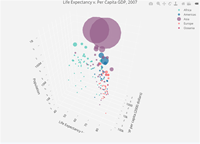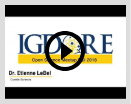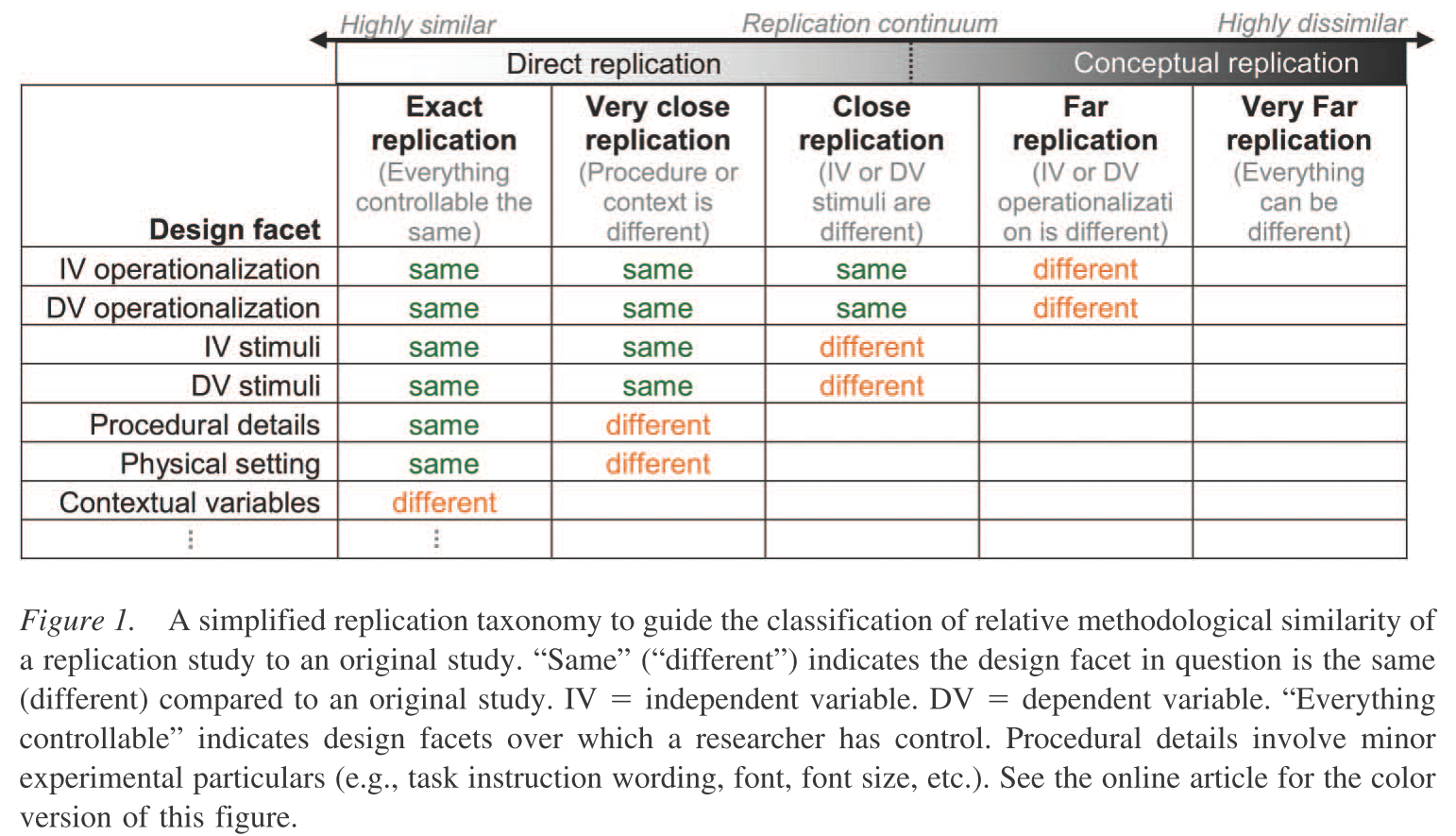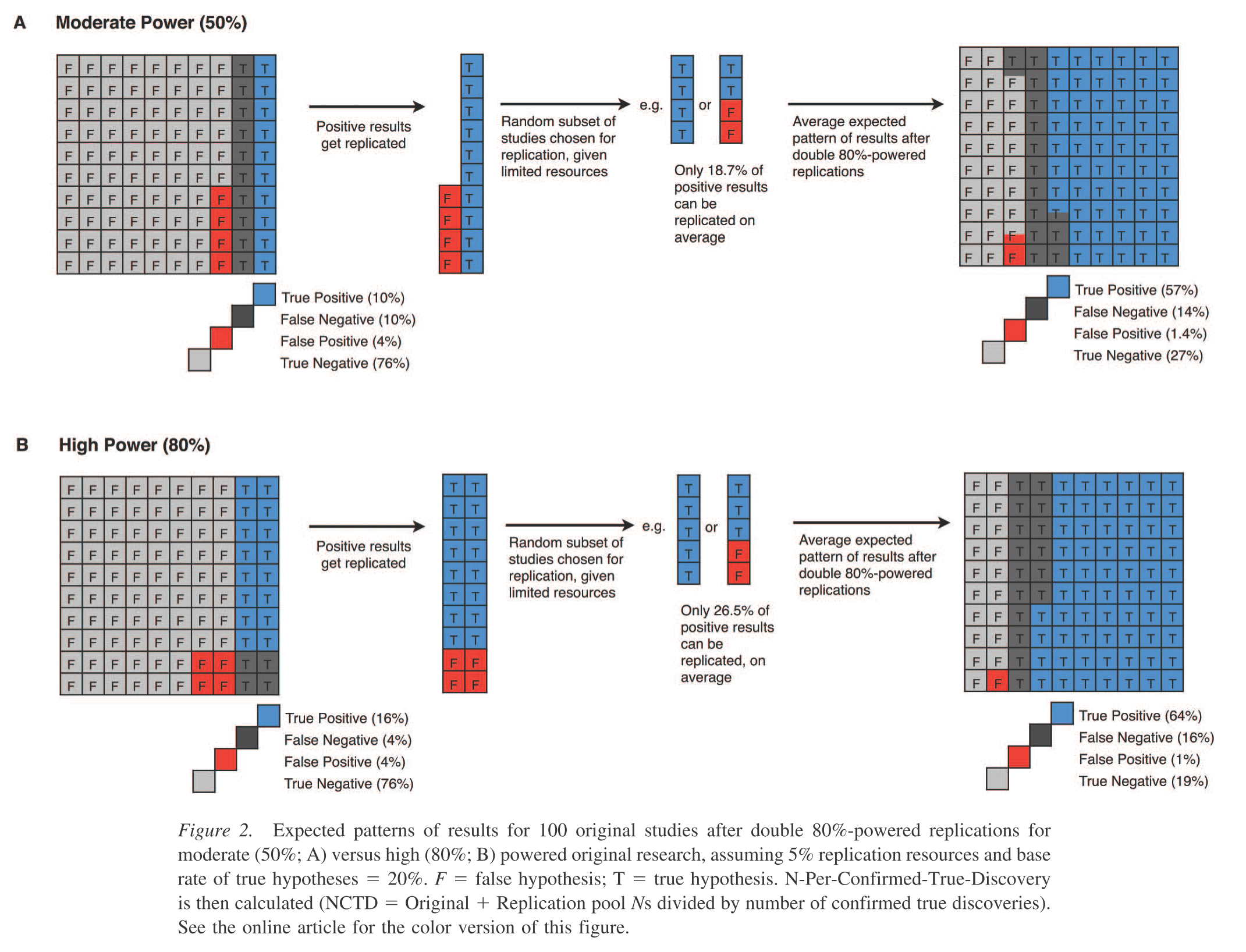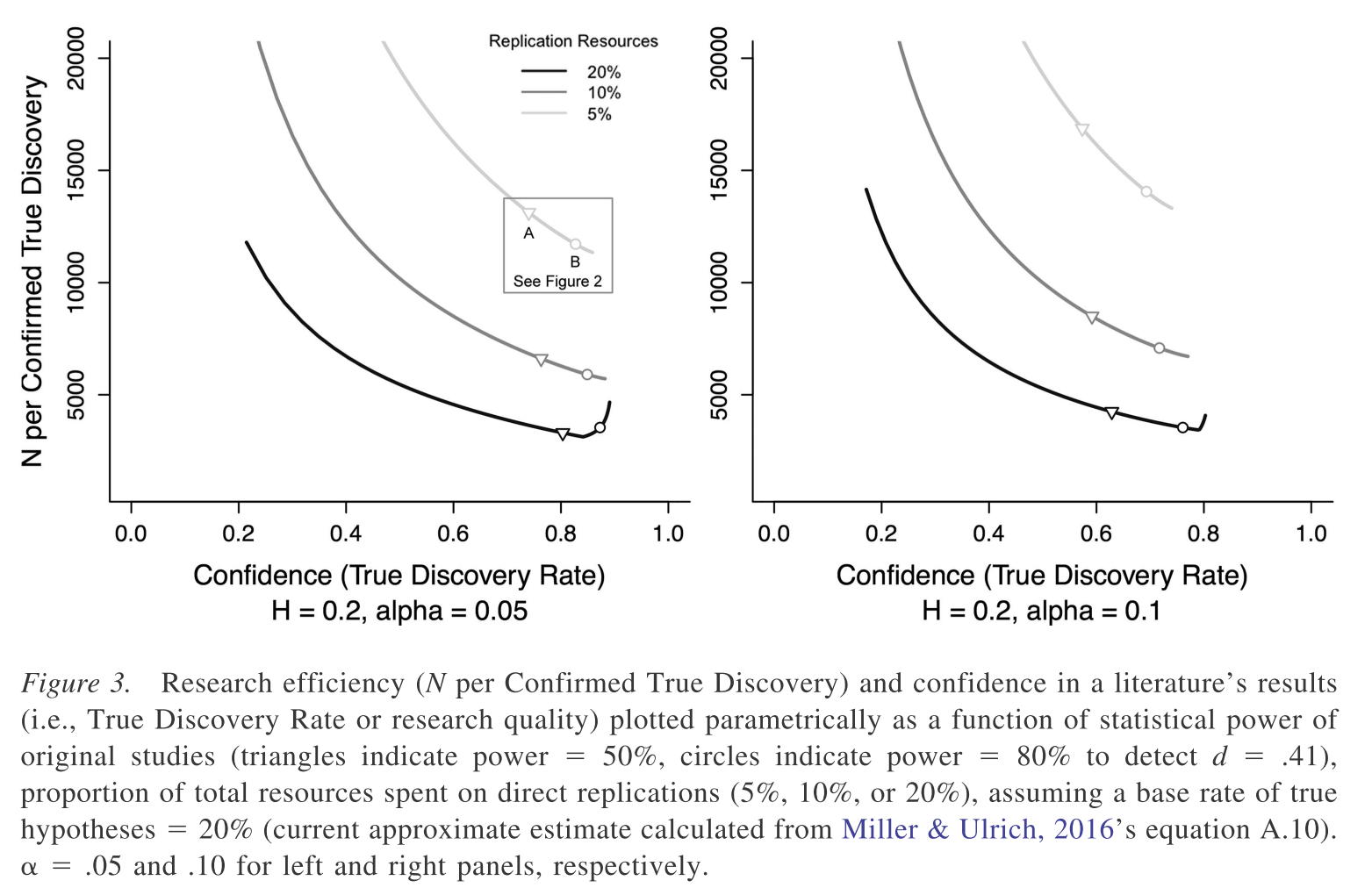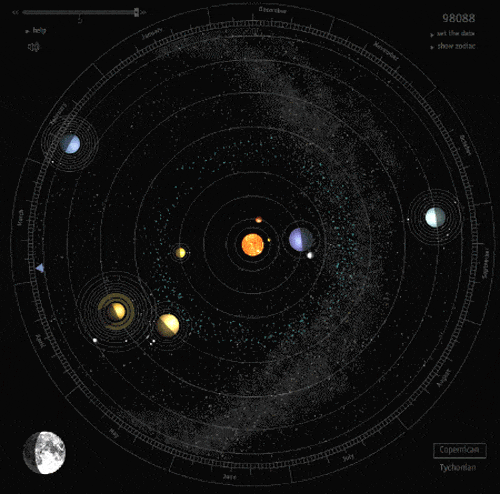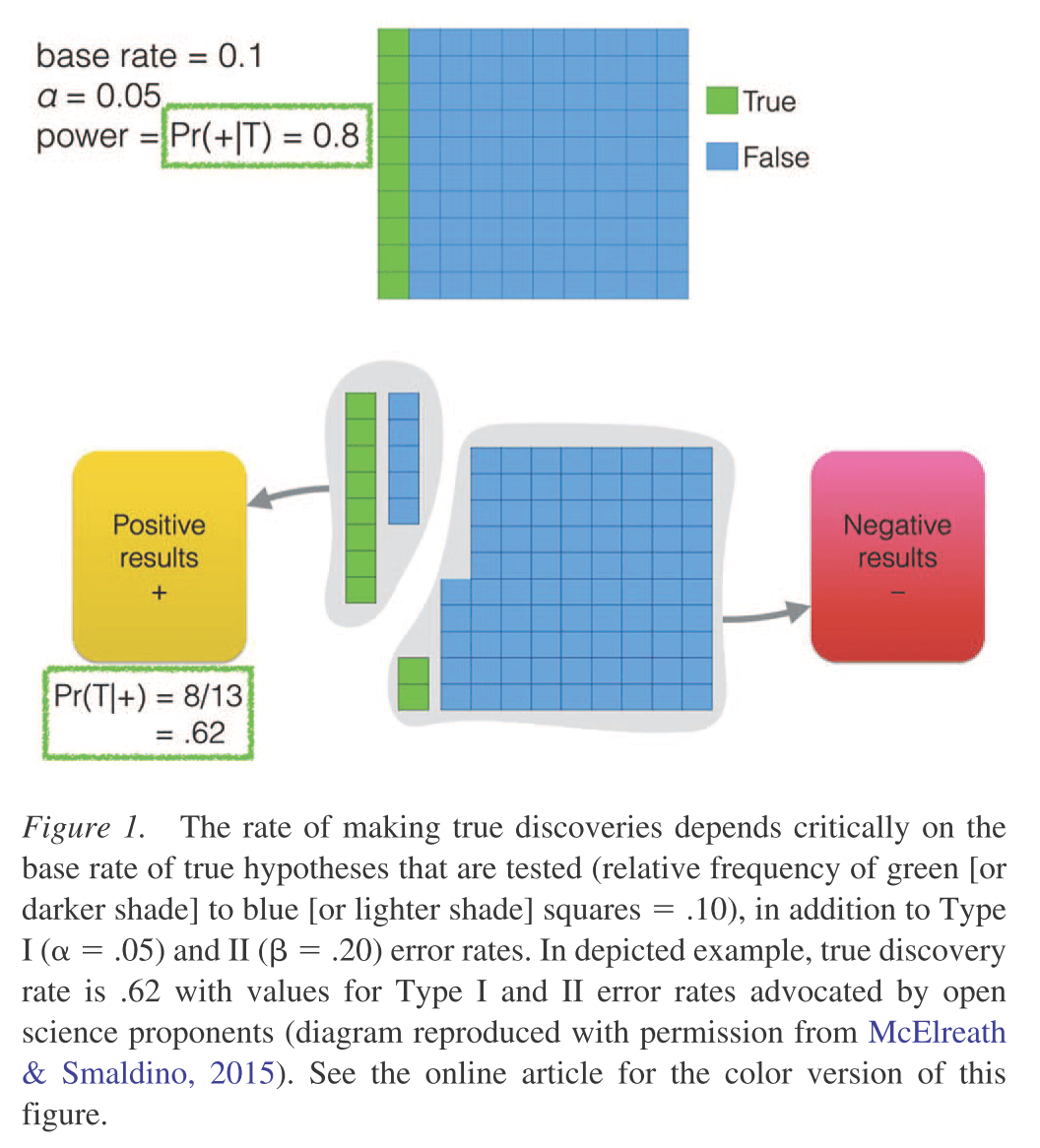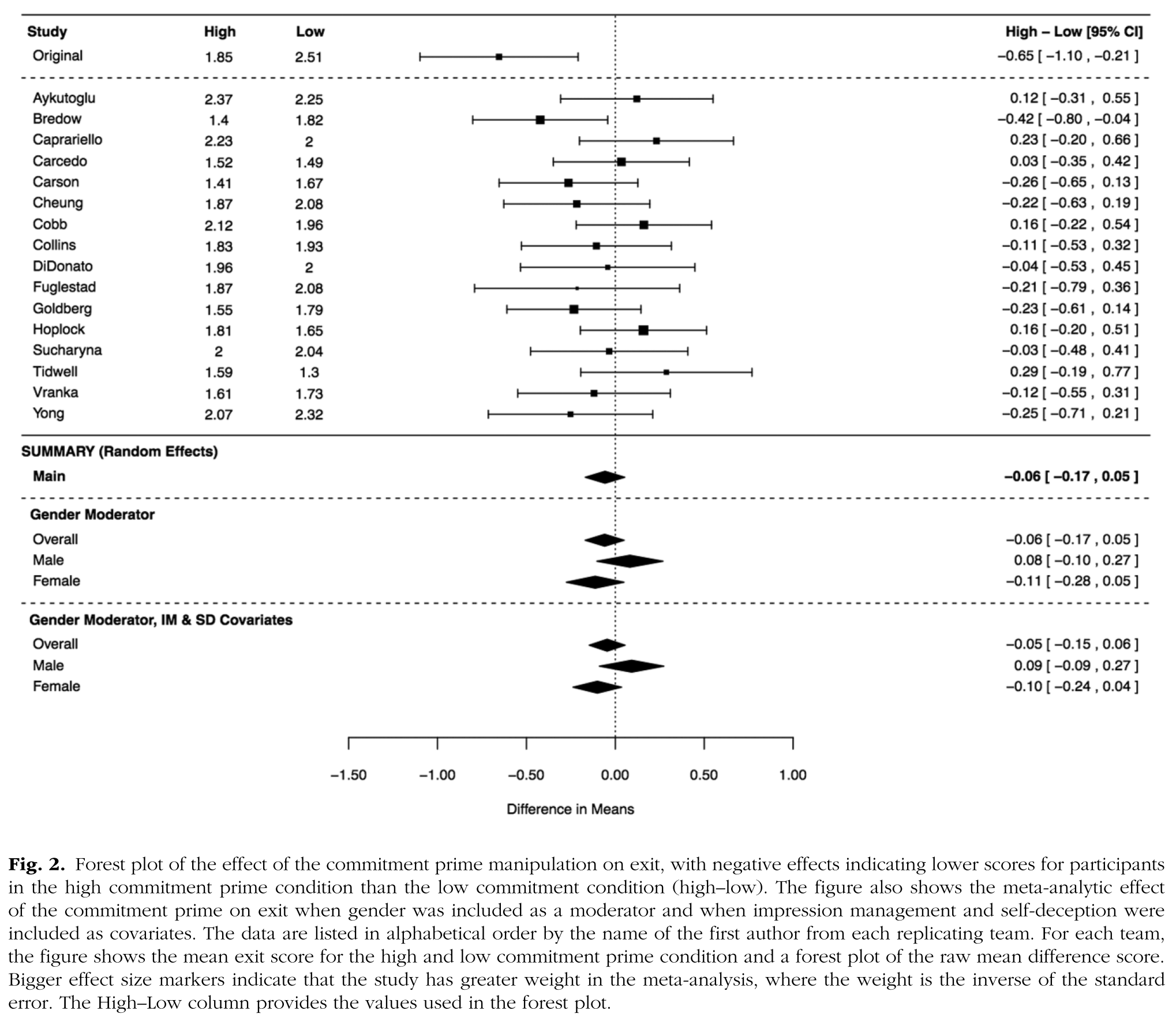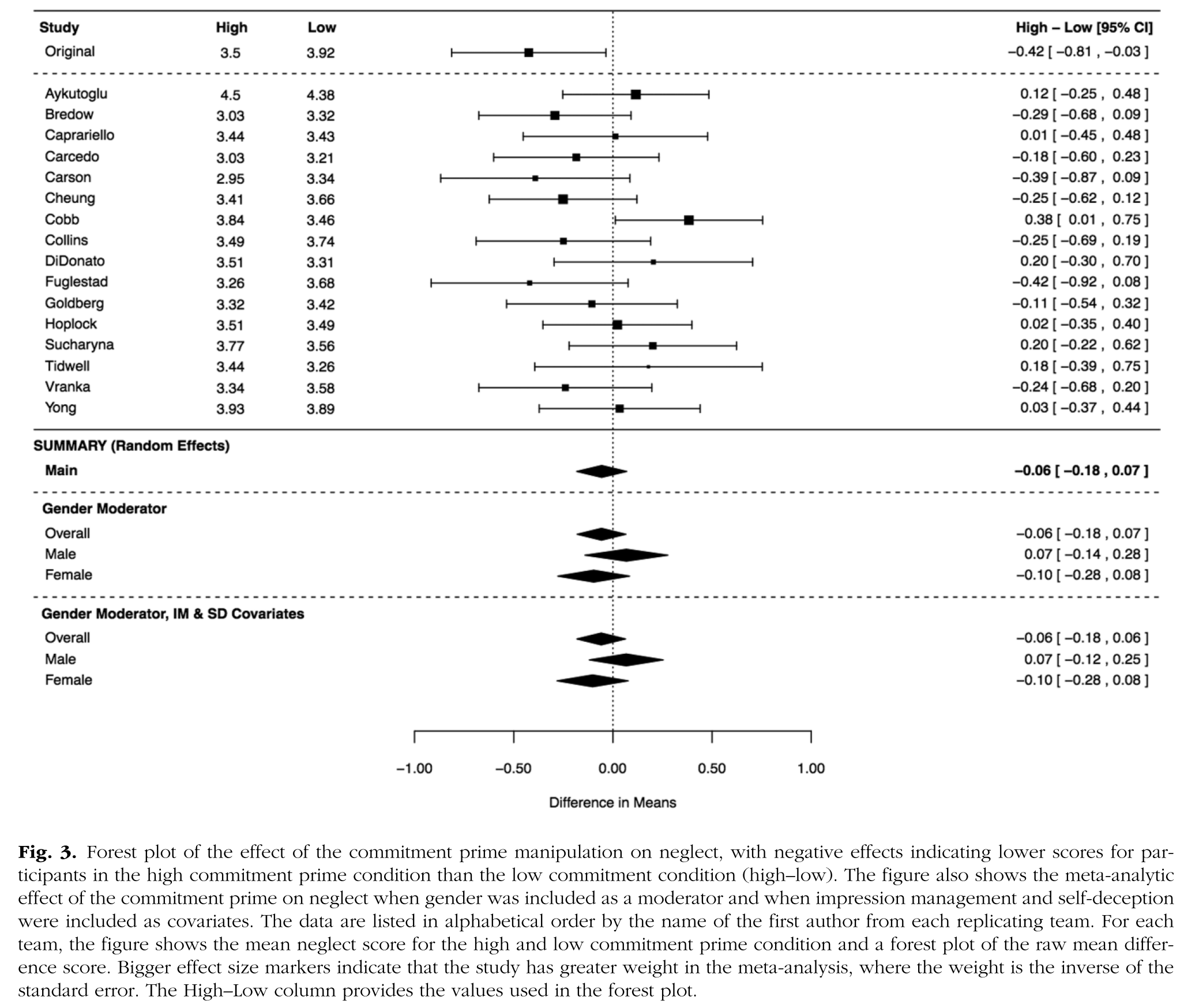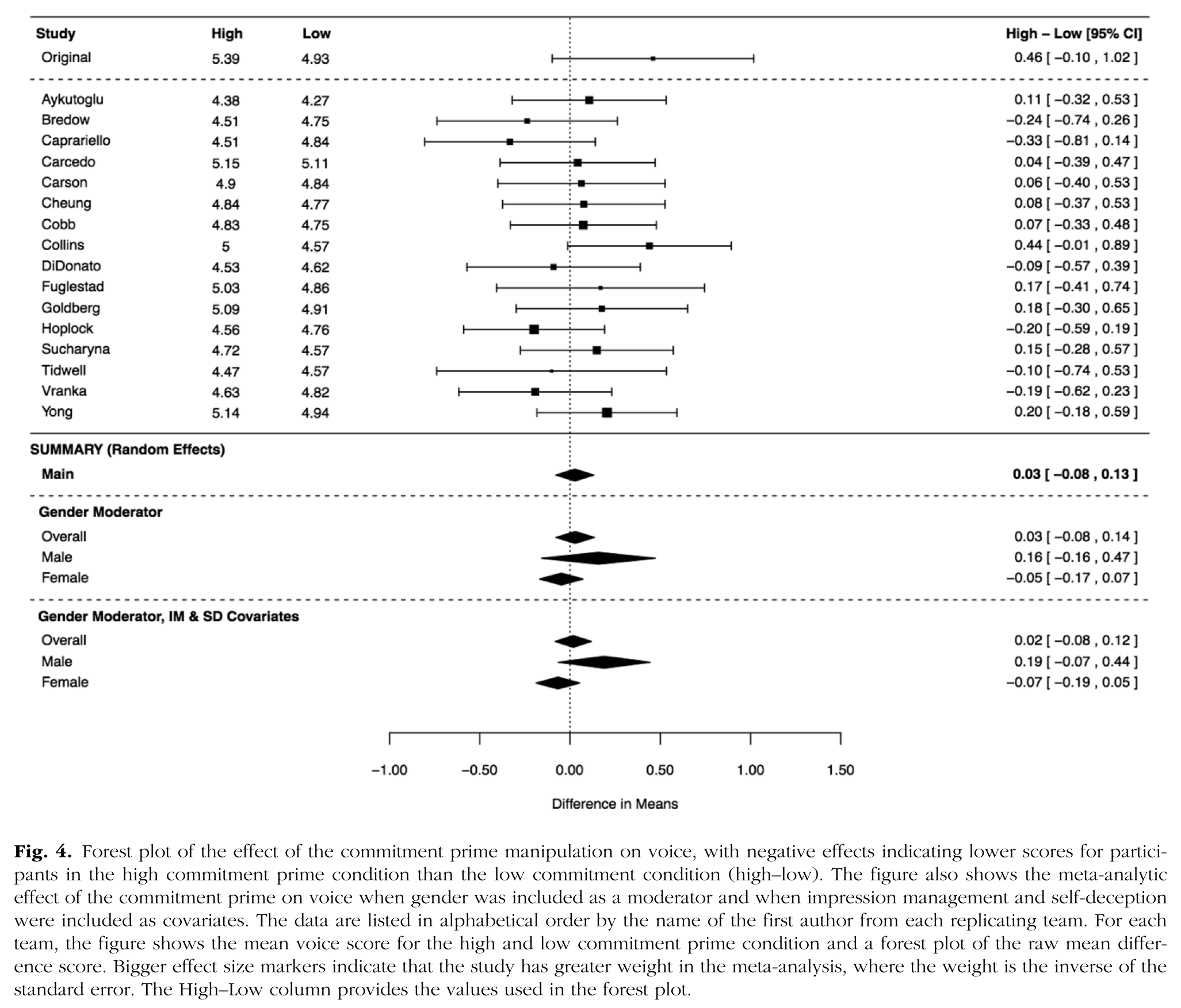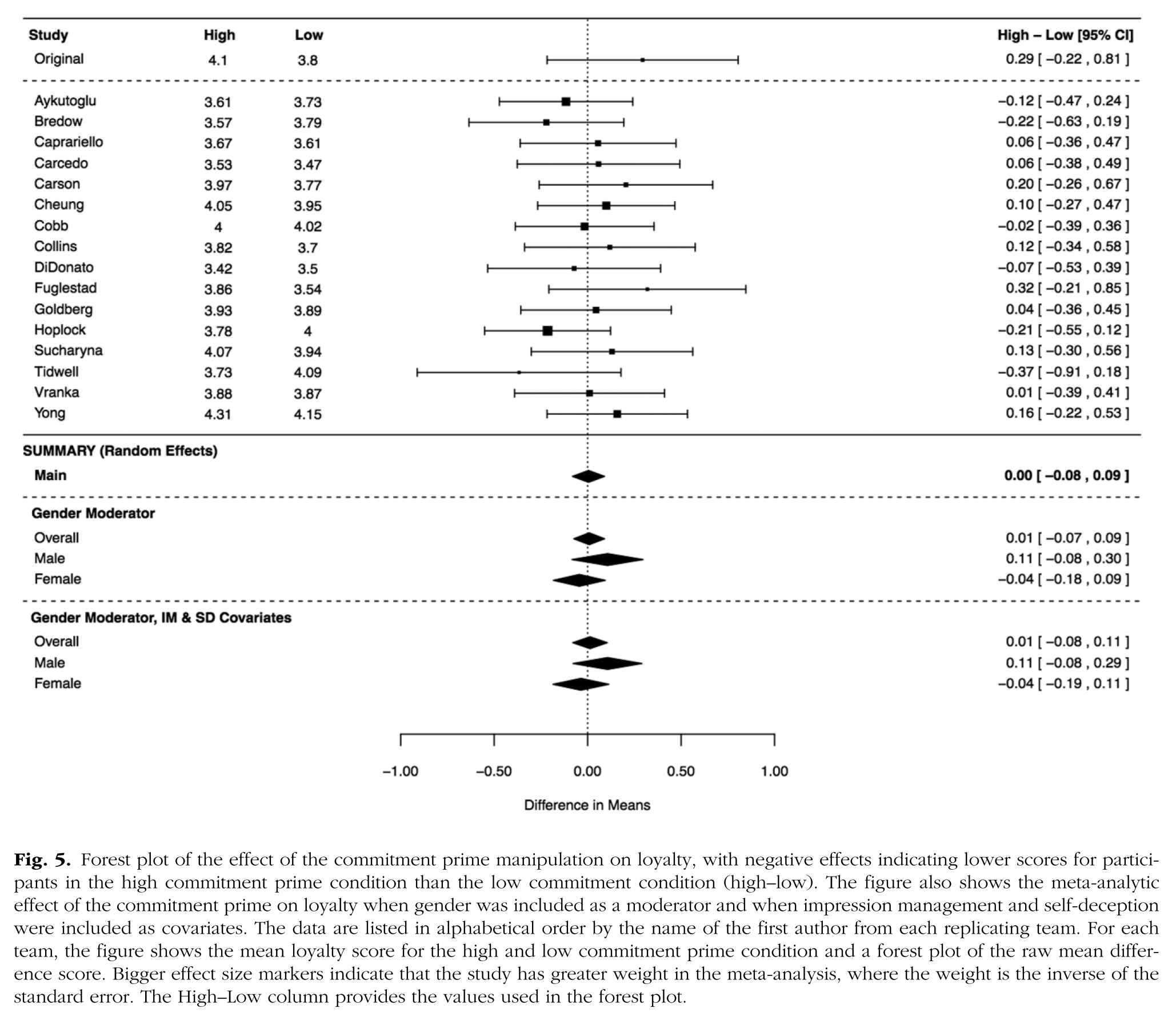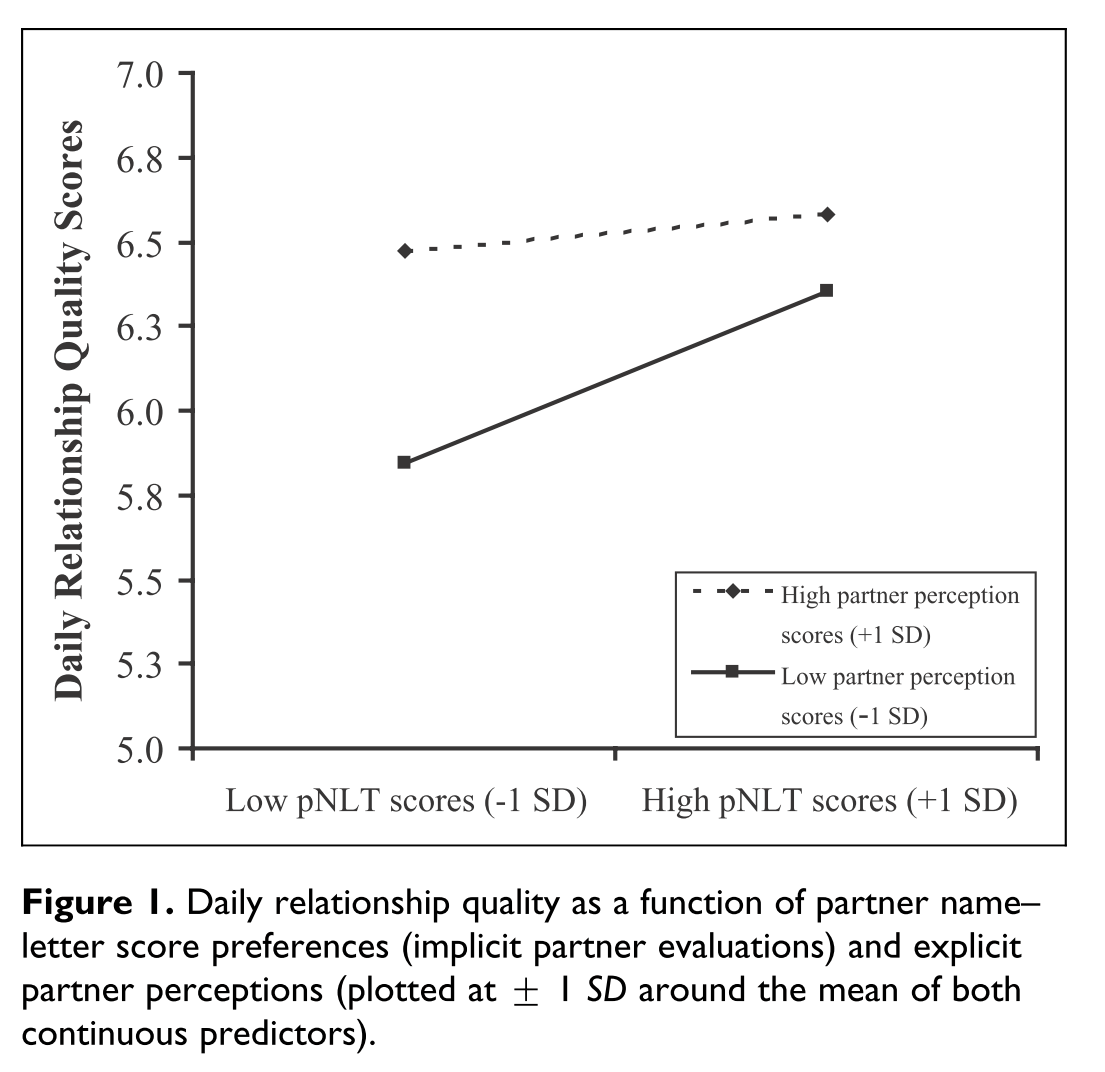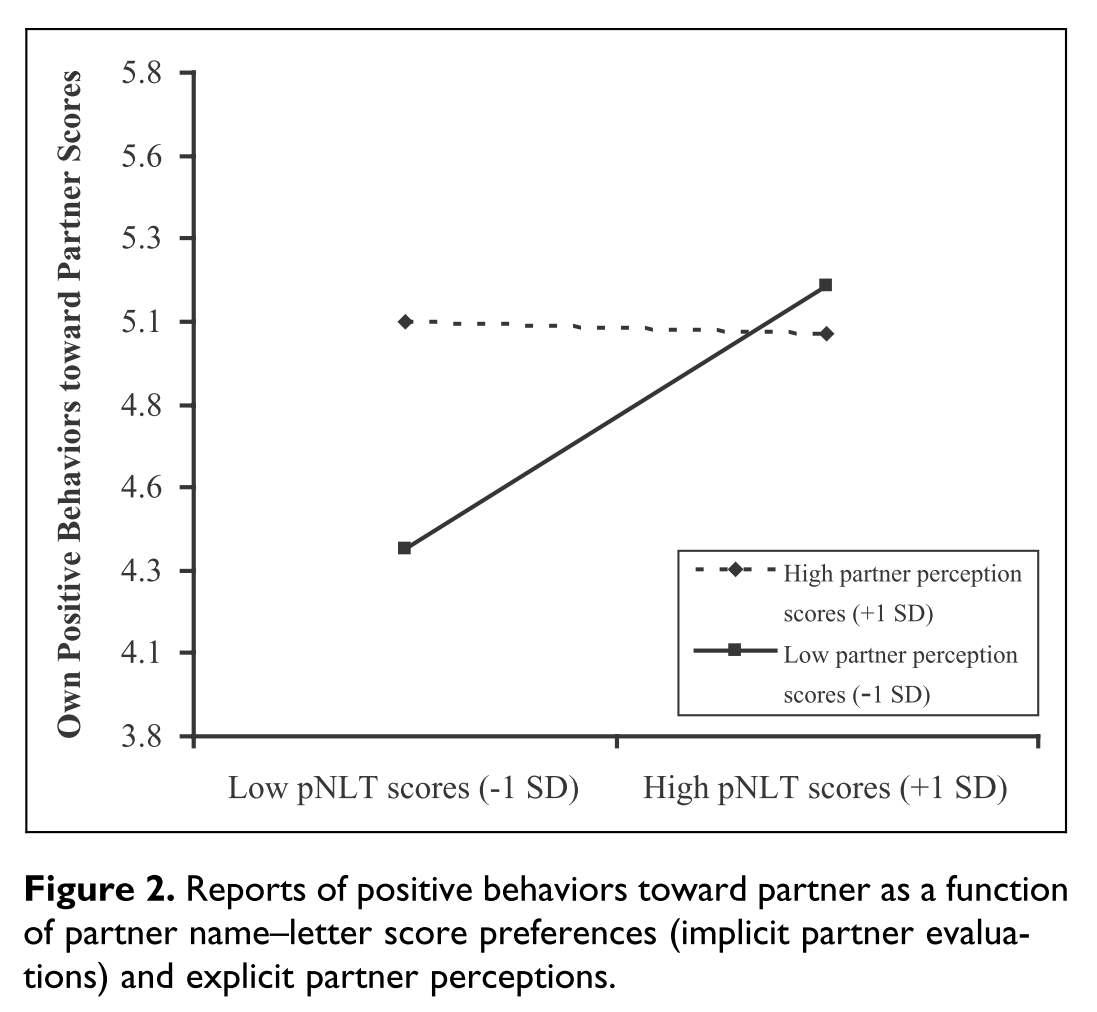Learning Attention and Perception Lab
A replication is a study that uses a methodology that is 'close' or 'very close' to a previous study (see replication taxonomy for details).
Study complies with the Basic 4 (at submission)
- Excluded data (subjects/observations): Full details reported in article.
- Experimental conditions: Full details reported in article.
- Outcome measures: Full details reported in article.
- Sample size determination: Full details reported in article.
Replications are part of a replication collection: Macbeth effect
Study complies with the Basic 4 (at submission)
- Excluded data (subjects/observations): Full details reported in article.
- Experimental conditions: Full details reported in article.
- Outcome measures: Full details reported in article.
- Sample size determination: Full details reported in article.
A replication is a study that uses a methodology that is 'close' or 'very close' to a previous study (see replication taxonomy for details).
Study complies with the Basic 4 (at submission)
- Excluded data (subjects/observations): Full details reported in article.
- Experimental conditions: Full details reported in article.
- Outcome measures: Full details reported in article.
- Sample size determination: Full details reported in article.
Study complies with the Basic 7 (retroactive)
- Excluded data (subjects/observations): Full details reported in article.
- Experimental conditions: Full details reported in article (N/A; no experimental conditions.
- Outcome measures: Several other predictor measures of related, but distinct, relationship constructs (IVs) were also assessed; these went unreported because we didn't More
- Sample size determination: Recruited as many heterosexual couples as possible.
- Unreported analyses/Analytic plans: The analytic plans for the predicted interactive effect between implicit partner evaluations and explicit partner perceptions (on both More
- Unreported related studies: None (full details reported in article).
- Other disclosures: None.
| 2 replicates | weight-embodiment effect | Rabelo et al. (2015) |
| 20 replicates | weight-embodiment effect | Ebersole et al. (2016) |

Hal Pashler
Distinguished Professor of Psychology & Lab Director

Yi-Chun Lin
Postdoctoral Fellow

Randy Tran
Graduate Student

Jonas Lau
Graduate Student

Jarrett Lovelett
Graduate Student

Yalda Farokhi
Research Assistant

Kion Fukuda
Research Assistant

Jamie Harvey
Research Assistant

Jiaming Li
Research Assistant

Lee Anne Mercado
Research Assistant

Tianhao Qiu
Research Assistant

Zoe Xia
Research Assistant
The Science "Reproducibility Crisis" -- And What Can Be Done About It (The Conversation, March 15, 2017)
How the Reproducibility Crisis in Academia is Affecting Scientific Research (Forbes Magazine, February 9, 2017)
Why Academic Research is So Unpredictable and What We Can Do to Fix It (Huffington Post, February 9, 2017)
Why is so much research dodgy? (The Guardian, October 17, 2016)
Effect of Commitment on Forgiveness Investigated in Large-Scale Replication Project (APS Press Release, September 30, 2016)
The 7 biggest problems facing science, according to 270 scientists (Vox, September 7, 2016)
We need to talk about the bad science being funded (The Conversation, July 18, 2016)
Why so much science research is flawed -- and what to do about it (New Scientist, April 13, 2016)
Sloppy Science: Are Sketchy Practices in the Lab to Blame for the Replication Crisis in Psychology Research? (Slate Magazine, March 21, 2016)
Does social science have a replication crisis? (The Washington Post, March 9, 2016)
The six most interesting psychology papers of 2015 (The New Yorker, December 26, 2015)
Whistle-blower scientist wins $10K prize (London Free Press, December 14, 2015)
Make Science More Reliable, Win Cash Prizes: Honoring young researchers who champion rigorous, transparent research is a small step towards changing the culture of science. (The Atlantic, December 10, 2015)
Taxpayer-funded research agencies 'need to wake up' (London Free Press, September 20, 2015)
London scientist Etienne LeBel has exposed questionable work of senior researchers (London Free Press, Stratford Beacon Herald, St. Thomas Times, September 5, 2015)
'Hobo scientist' presses for truth in journals (Ottawa Citizen, September 5, 2015)
Scientists' claims fail rebel's smell test (Sarnia Observer, September 5, 2015)
We tried to reproduce 100 published psychological studies -- the results were abysmal (National Post, August 28, 2015)
Of 100 Published Psychology Studies, Less Than Half Could Be Reproduced Successfully (Popular Science, August 27, 2015)
Study delivers bleak verdict on validity of psychology experiment results (The Guardian, August 27, 2015)
How Reliable Are Psychology Studies? (The Atlantic, August 27, 2015)
Replication Gone Wrong (The Scientist, May 29, 2014)
A happy marriage? It's all about gut feelings (Skeptical appraisal of) (The Telegraph, November 28, 2013)
Cleaning up science (The New Yorker, December 21, 2012)
Can We Trust Psychological Research? (Time Magazine, July 17, 2012)
Phone
(858) 534-7417
attentionlab(at)ucsd.edu
Location
Learning Attention and Perception Lab
University of California, San Diego
9500 Gilman Dr. MC 0109
La Jolla, CA. 92093-0109
